1. Members of the BARD 40 Year Review Steering Committee
|
Chairman: Prof. Robert F. Garry, Tulane University, US |
|
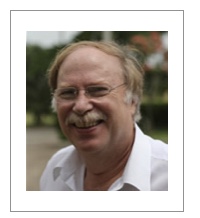 |
Prof. Garry is a Professor of Microbiology and Immunology and Assistant Dean for the Graduate Program in Biomedical Sciences at Tulane Medical School. He is currently managing the Viral Hemorrhagic Fever Consortium, a public-private consortium developing point-of-care diagnostics, immunotherapeutics and vaccines against high consequence pathogens. His team has also been developing research and clinical trial infrastructure in West Africa.
|
|
Prof. Stephen O. Duke, USDA, University of Mississippi, US |
|
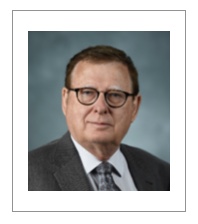 |
Prof. Duke is a plant scientist who leads a group of USDA scientists involved in the utilization of natural compounds in agriculture, especially for pest management. He is best known for his research on the mechanisms of action of herbicides and natural phytotoxins. Other areas of his research include chemical ecology of plant/plant interactions, weed biology, and mechanisms of herbicide resistance.
|
|
Prof. James Giovannoni, USDA, Cornell University, US |
|
|
|
Prof. Giovannoni is a plant molecular biologist, Director of the USDA-ARS Robert W. Holley Center for Agriculture & Health; Adjunct Professor, Section of Plant Biology School of Integrative Plant Science at Cornell University. The focus of research in his laboratory is molecular and genetic analysis of fruit ripening and related signal transduction systems, with emphasis on the relationship of fruit ripening to nutritional quality.
|
|
Prof. Jonathan Gershoni, Tel Aviv University, Israel |
|
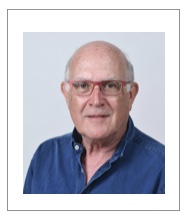 |
Prof. Gershoni received his Ph.D. in biochemistry from the Hebrew University of Jerusalem and postdoctoral training at Yale School of Medicine. For 30 years he has investigated the immune response towards viruses such as HIV, HCV and SARS-CoV. He continues to develop novel methods for the computational characterization of the antibody composition in blood and applications towards new immuno-diagnostics and preventive vaccines. Prof. Gershoni has worked as a visiting scientist at the National Institutes of Health in Bethesda MD, and at Boston University - Department of Physics.
|
|
Prof. Orly Reiner, Weizmann Institute of Science, Israel |
|
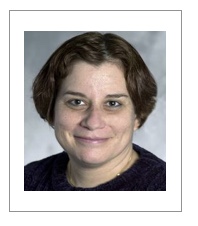 |
Prof. Reiner’s research concerns how brain structure is determined during embryonic development and what goes awry during developmental diseases. Brain development is a very dynamic process that is regulated by way of the concerted action of multiple gene products. Abnormalities in these processes may result in devastating consequences such as severe brain malformations, as well as conditions such as epilepsy, autism spectrum disorder and schizophrenia. Prof. Reiner is currently serving as the incumbent of the Bernstein-Mason Professorial Chair of Neurochemistry at the Weizmann Institute of Science.
|
|
Coordinator: Prof. Ada Rafaeli, Agricultural Research Organization, Volcani Center, Israel |
|
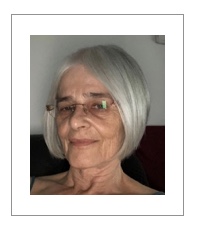 |
Prof. Rafaeli (Emeritus), served as Senior Research Scientist at the Agricultural Research Organization, Volcani Center (ARO); Adjunct Professor in Insect Physiology and Chemical Ecology, Department of Entomology, Hebrew University of Jerusalem Faculty of Agriculture; former Associate Director of Academic Affairs and International Cooperation at ARO. The ultimate goal of Prof. Rafaeli's research is to discover new substances for the control of insect pest populations without using toxic chemicals. She believes that a thorough understanding of the endogenous regulatory mechanisms of key processes crucial to pest survival, such as reproductive behavior, will enable us to design products which will disrupt these mechanisms.
|
|
Advisor: Prof. Richard Linton, Dean, College of Life Sciences, North Carolina State University, US; Acting Chairman of BARD's Board |
|
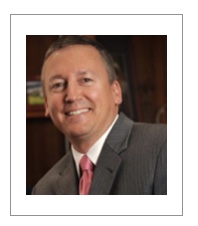 |
Prof. Linton is currently the Dean of the College of Agriculture and Life Sciences at North Carolina State University. He previously served as Professor of Food Safety and Chair of the Department of Food Science and Technology at Ohio State University. From 2000-2010, Dr. Linton served as the Director of the Center for Food Safety Engineering, which focuses on the development of rapid detection technologies for biological and chemical foodborne hazards.
|
Review Team:
Mr. Shaul Zaban, Economist, Zenovar, Israel
Dr. Tamar Moise, Scientific and Technology Analyst, Zenovar, Israel
Prof. Uri Mingelgrin, (Emeritus) Institute of Soil, Water and Environmental Sciences,
Agricultural Research Organization, Volcani Center, Israel
Mr. Zvi Tropp, Agricultural Economist, Israel
Ms. Sophia Zhao, Economic Evaluations Assistant, Zenovar, Israel
Zenovar is a leading Israel-based consulting company, specializing in agricultural business development, environment, and sustainable planning. The company has extensive experience in carrying agricultural programs from feasibility studies through full deployment plans. Zenovar is active both in Israel and internationally.
Zenovar's work is characterized by its interdisciplinary approach. Its team of expert consultants includes first-rate economists, specialists in advanced agricultural methods, ecology and the environment, land and water uses, marine biology, geography and regional planning.
Agricultural Economic Analysis Consultants:
Prof. Kenneth A. Foster, Department of Agricultural Economics, Purdue University, US
Prof. Wallace E. Tyner, James and Lois Ackerman Professor of Agricultural Economics, Purdue University, US (deceased)
BARD Coordinator:
Ms. Yehudit Newman, Communications Specialist, Israel

